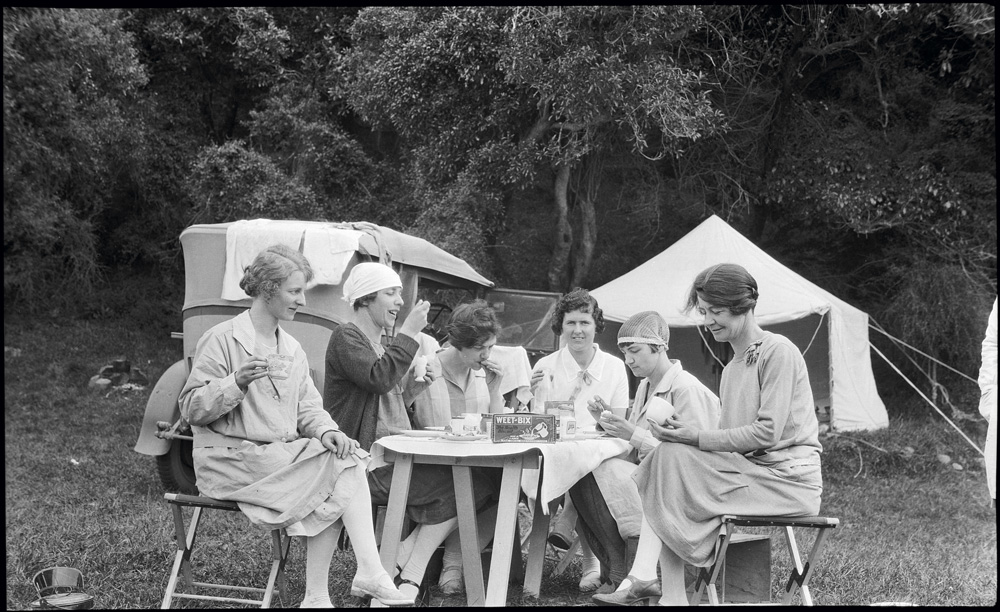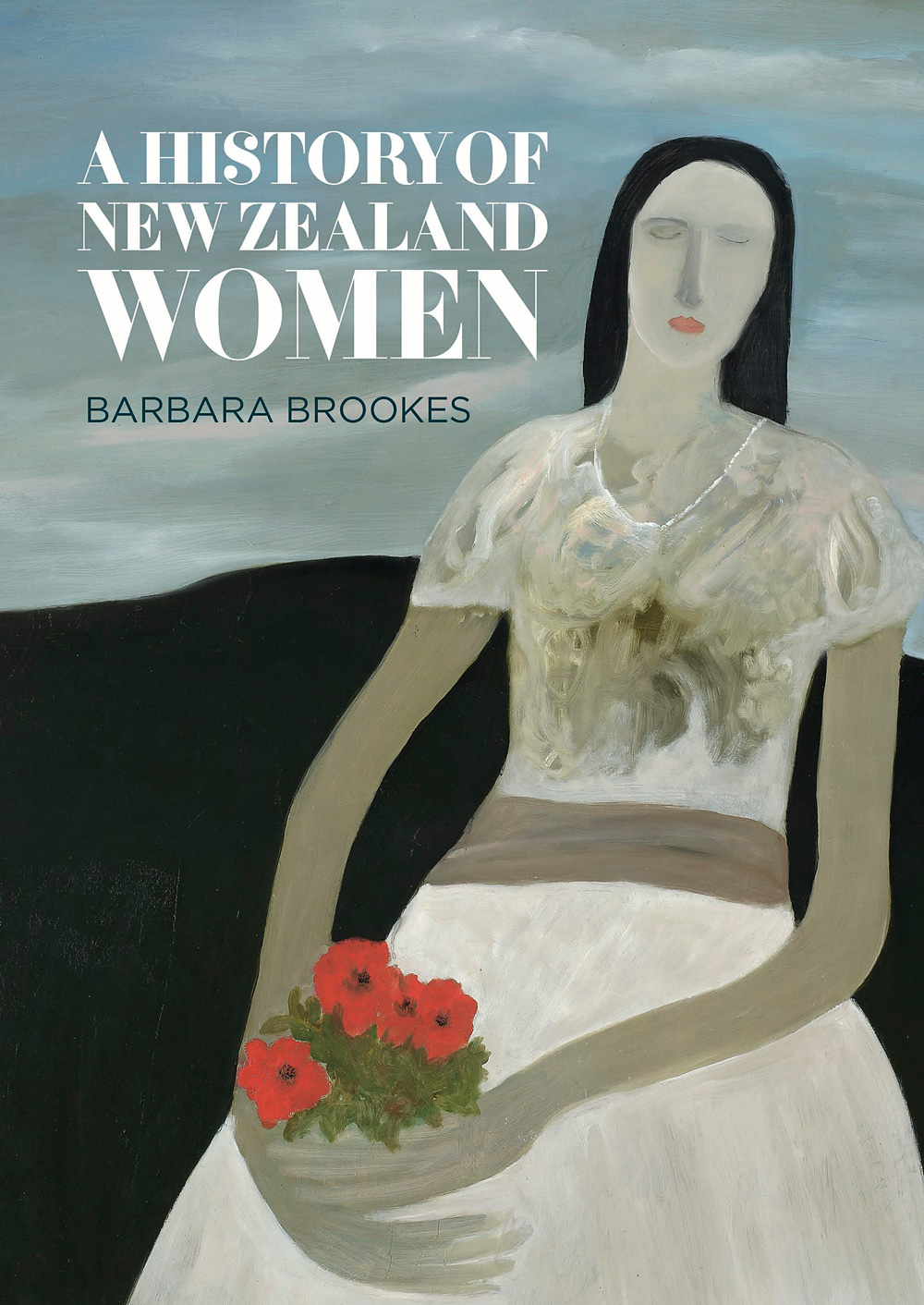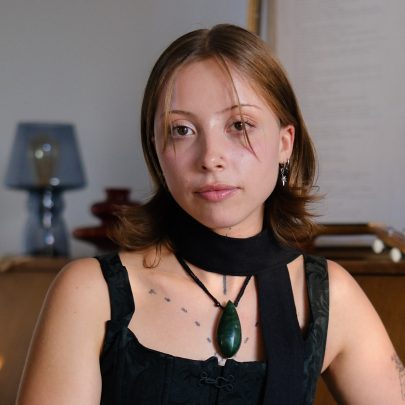Apr 28, 2016 Books
A brilliant examination of the lives of Kiwi women – from the first waka right up to today.
Above: Gisborne Kiwi Club members at the hui for Te Moananui-A-Kiwa Ngarimu, posthumous recipient of the Victoria Cross, 1943.
A History of New Zealand Women
Barbara Brookes
(Bridget Williams Books, $69.95)
In 1968 a new word entered the vocabulary of New Zealanders: sexism. It was first used in the United States to describe judging people by their gender when it was irrelevant.
Reading Barbara Brookes’ A History of New Zealand Women, you realise it would have been useful to have had that word a little earlier in the century. Brookes has documented the lives of women in this country since the first ones arrived by waka; shifting her gaze but never her focus on female existence both political and social over the last two centuries. Like a giant Plunket Well Child Book, it charts our growth.
In this book you’ll find your mother, your grandmother and your great-great-grandmother; you’ll also find Eleanor Catton, Lorde and Mai Chen. The span of social mores and expectations within the scope of this project is massive, yet what unfolds is a picture of how our society has moved to make life for women safer and fairer in the last 200 years.
In the pages of this book you will find your mother, your grandmother and your great-great-grandmother; you’ll also find Eleanor Catton, Lorde and Mai Chen.
Read it and be amazed. It’s a brilliant examination of how we got to where we are now and, at over 550 pages, Brookes has marked every change and shift with clarity and scholarly precision. Some stories are legendary, others lesser-known (who knew the NZ Broadcasting Association placed a temporary ban “on the subject of politics and Germaine Greer” after her court summons for saying “fuck” and “bullshit” in public in 1972?).

In 1926 the Family Allowances Act — “the first nationwide act of its kind in the world” — was passed in order to get the birth rate moving. It also aimed to provide for the welfare of children, though some sniffed that the sum of two shillings a week “would not keep a well-developed fowl let alone a healthy child”.
Our women’s stories are all here: how reproductive female bodies were accommodated prior to tampons and the pill; how the feminist “revolution” raged; the notorious “don’t get mad, get even” motto that inspired acts such as the 1984 assault on playwright Mervyn Thompson. The retribution attacks that same year on the offices of this magazine — graffiti, used sanitary pads in the mail — after Metro published an article titled Is This What Wimmin Want?
This important book is masterful in showing us how change for women came to our small nation.
Despite the continuing battle for equal pay, and the disproportionate amount of unpaid caring work women still do, it will leave you feeling infinitely hopeful that these problems will soon be records in the history books.

A day in the life of a 1950s housewife
Mrs C, the 34-year-old wife of a clerk in the civil service and mother of five children, dealt with the reality of household life rather than any ideal portrayed in magazines or advice booklets. Her work began at 6.15am. Her young baby was asthmatic, and her seven-year-old had contracted cerebrospinal meningitis at eight months and was assisted by the family’s association with the Crippled Children’s Society. Mrs C herself had bad varicose veins and bronchial asthma. Busy as her days were, cooking, cleaning and sewing for the family, she found time in the evenings to belong to the Kindergarten Mothers’ Club, a church club,
the Mothers’ League and the Plunket Mothers’ Club. Mrs C was also on the committee of the local intermediate school and involved in Girl Guides and Brownies. In the 1950s, a great many other women shared Mrs C’s commitment to service, enriching the community through their energy and skills — all voluntarily provided.
– An excerpt from A History of New Zealand Women.





